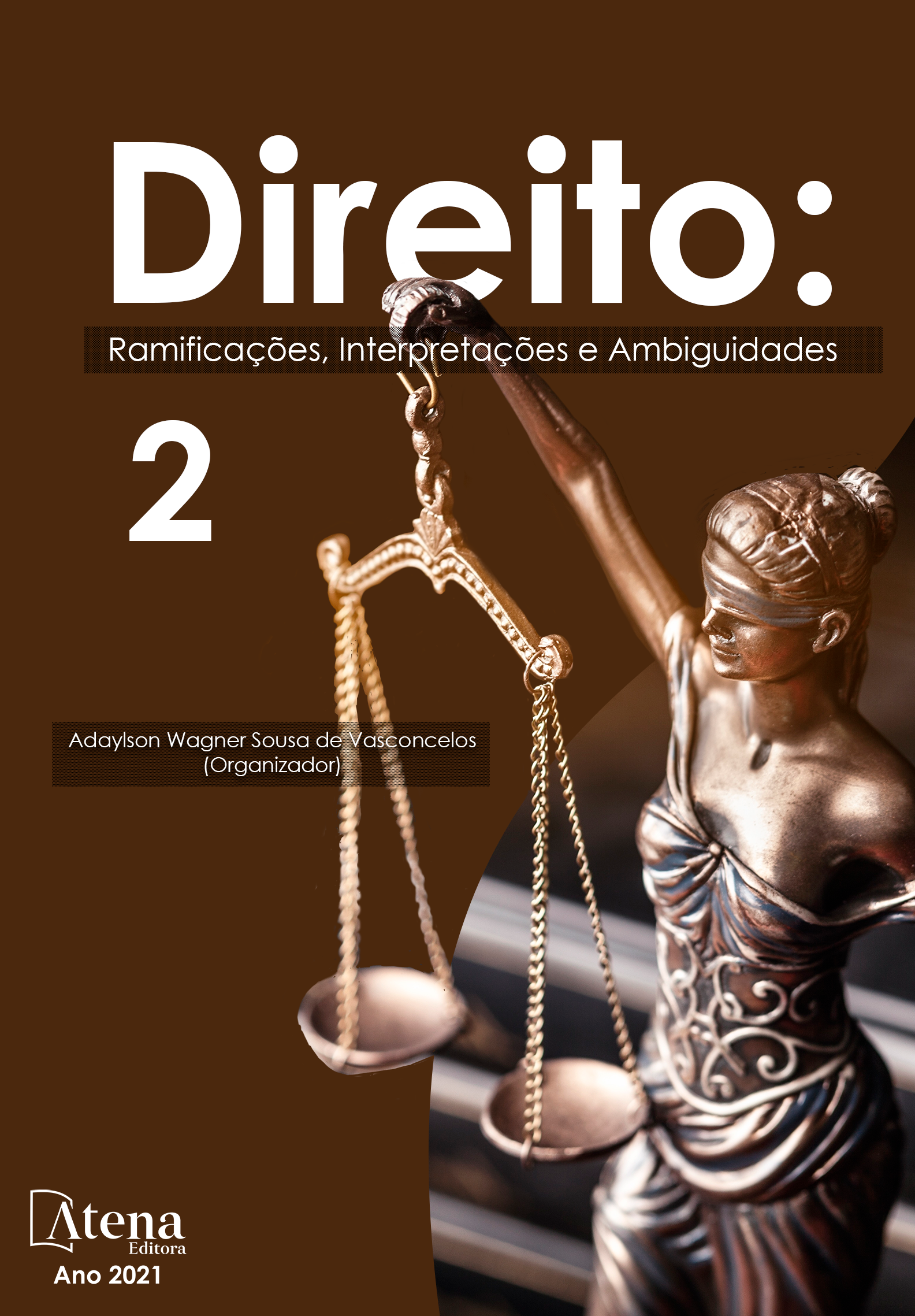
PERICULOSIDADE, COMPORTAMENTO SOCIAL E PERSONALIDADE, ANTES, DENTRO E DEPOIS DO CÁRCERE
A pena é um instrumento muito peculiar do Direito Penal, ela demarca o poder coercitivo do Estado sobre a vida de alguém que esteja sendo processado, ou que já esteja sob o peso de uma sentença condenatória. A humanidade caminhou muito na sua tratativa com a pena, e sempre fez questionamentos acerca desse instituto. O fruto dessas reflexões e experiências foi a superação da pena enquanto instrumento apenas de vingança; a ela foram dadas outras funções, como a preventiva e aquela que preza sobre a ressocialização do indivíduo preso. A sentença que vai definir o tempo e as condições iniciais da vida deste na prisão leva em conta os requisitos postos no artigo 59 do Código Penal do Brasil. É nesse ponto que o atual artigo pretende tocar: se a pena tem um papel teoricamente voltado para a ressocialização e a sua gravidade se baseia em características pessoais, como comportamento, periculosidade, etc. significa que estas características que condenaram deveriam estar ausentes na vida dos que saem da prisão. O questionamento aqui gira em torno de uma exigência até do ponto de vista lógico: se alguém teve sua pena agravada por ser considerado “perigoso” pelo Magistrado e sai do cárcere “ainda mais perigoso”, para que serviu a pena? Ou ainda, o cárcere acaba sendo um ambiente de potencialização de vários comportamentos previstos no dispositivo legal? Sendo este o caso, soa estranha sua utilização no endurecimento da pena para depois jogar seu autor em uma espécie de “máquina”, com potencial de fomentar ainda mais, justamente aquilo, que se queria combater.
PERICULOSIDADE, COMPORTAMENTO SOCIAL E PERSONALIDADE, ANTES, DENTRO E DEPOIS DO CÁRCERE
-
DOI: 10.22533/at.ed.8542110033
-
Palavras-chave: CIRCUNSTÂNCIAS - JUDICIAIS - PRISIONAL - JUIZ - REINCIDÊNCIA
-
Keywords: KEYWORDS: circumstances - judicial - prison - judge - recidivism
-
Abstract:
Penalty is a very peculiar instrument of Criminal Law, it marks the State's coercive power over the life of someone who is being prosecuted, or who is already under the weight of a condemnatory sentence. Humanity has come a long way in its dealings with the pen, and has always asked questions about this institute. The fruit of these reflections and experiences was the overcoming of the penalty as an instrument of revenge only; it was given other functions, such as preventive and that which values the re-socialization of the prisoner. The sentence that will define the time and the initial conditions of his life in prison takes into account the requirements set out in article 59 of the Penal Code of Brazil. It is at this point that the current article intends to touch: if the penalty has a role theoretically aimed at resocialization and its severity is based on personal characteristics, such as behavior, dangerousness, etc. it means that these characteristics that they condemned should be absent in the lives of those who leave prison. The question here revolves around a requirement even from a logical point of view: if someone had their sentence aggravated because they were considered “dangerous” by the magistrate and left the prison “even more dangerous”, what was the penalty for? Or, does the prison end up being an environment for enhancing various behaviors provided for in the legal provision? This being the case, it sounds strange to use it to harden the sentence and then throw its author into a kind of “machine”, with the potential to further encourage, just what was wanted to fight.
-
Número de páginas: 15
- Marcílio Batista da Silva


